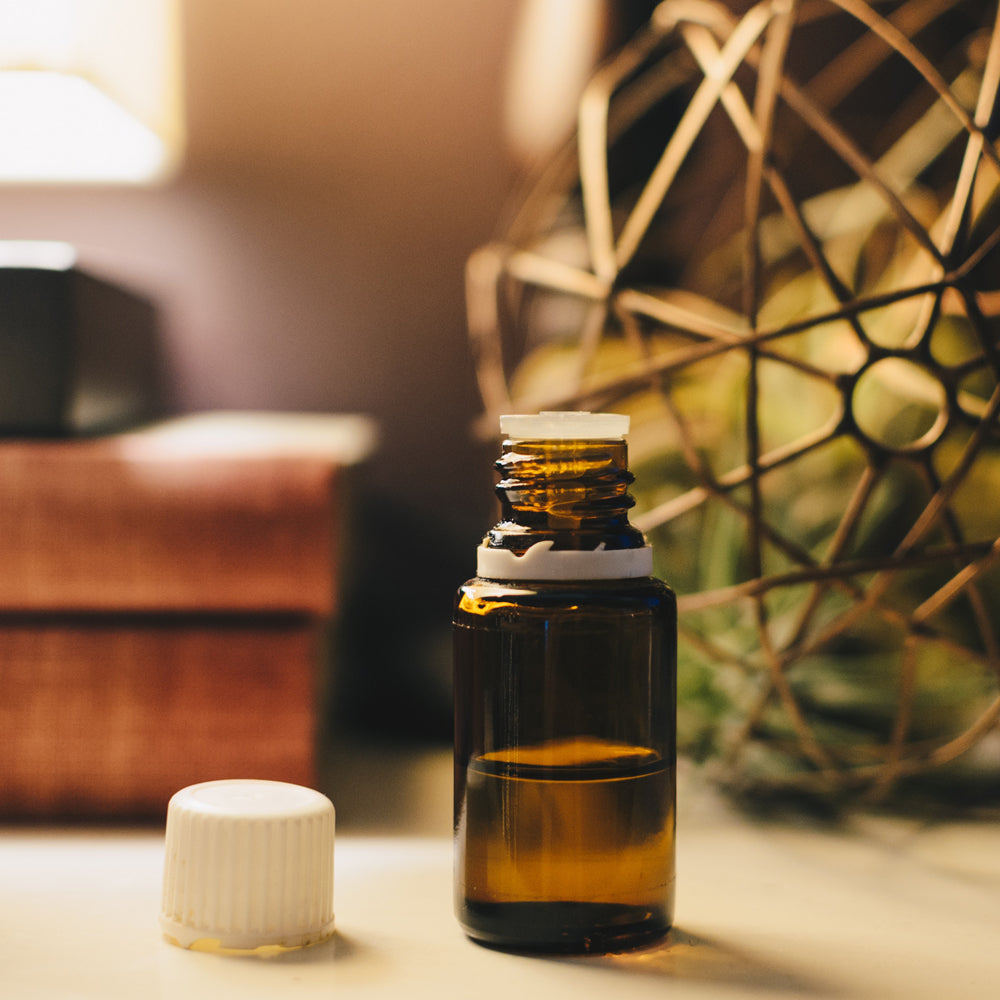The term organic is commonly used in beauty products which claim to be derived from natural sources, and do wonders for your skin. However, you might be surprised to know that there are no industry standards or regulations for this term. According to the Environmental Working Group, almost 90% of 10,500 cosmetics and skin care products known to the US Food and Drug Administration (FDA) have not been evaluated for safety by the Cosmetic Ingredient Review or any publicly accountable institution. For this reason, more than 1,110 personal-product ingredients have been banned for use in cosmetics by the European Union because of concerns that they may cause cancerous cells or reproductive illnesses.
It is important to make a distinction between organic labelled products and cosmetics which actually use organic ingredients. Organic substances are grown without synthetic fertilizers or pesticides which are healthier for the plant and your body. Some botanicals are grown using biodynamic farming methods which are even better for the skin. The USDA National Organic Program certifies personal-care products, and there have been an increasing number of organic skincare products bearing the USDA’s organic seal of approval. To check whether a product is biodynamic-certified or not, look for Demeter USA’s stamp on the label before buying the item.
The labeling guidelines provided by the USDA are as follows:
- 100% Organic —the product must contain only organically produced ingredients, and the USDA Seal must display the certifying agent's name and address.
- Organic —the product must contain at least 95% organically sourced ingredients. The remaining ingredients must consist of approved non-agricultural substances.
- Made with organic ingredients —the product must contain at least 70% organic ingredients, and the label can list up to three of the organic ingredients on the display panel.
However, these products are not permitted to display the USDA Organic Seal, but must display the certifying agent's details.
The Environmental Working Group also has a database for Skin Deep Cosmetics which rates popular items and personal-care products with a hazard score on a scale of 0 to 10 depending on their toxic levels. This can help you in choosing the right organic skin care products which are safe for your body. Our personal recommendation is to keep it simple, and apply a basic cleanser, toner and moisturizer to keep your skin in good shape.
The White Lotus Anti Aging product range which use organic ingredients, and help you care for your skin. You can also prepare organic skin care masks or toners at home. For example, whip a simple mask using honey and coconut oil or use green tea as an acne-fighting skin toner. Aloe Vera is another example of a home grown plant which has amazing results for your skin, and is a great natural moisturizer.These home remedies will not only save you cost but can be easily prepared at home using safe substances direct from your kitchen shelf. You can be sure of what goes on your skin without having to worry about labels or false marketing clichés.




